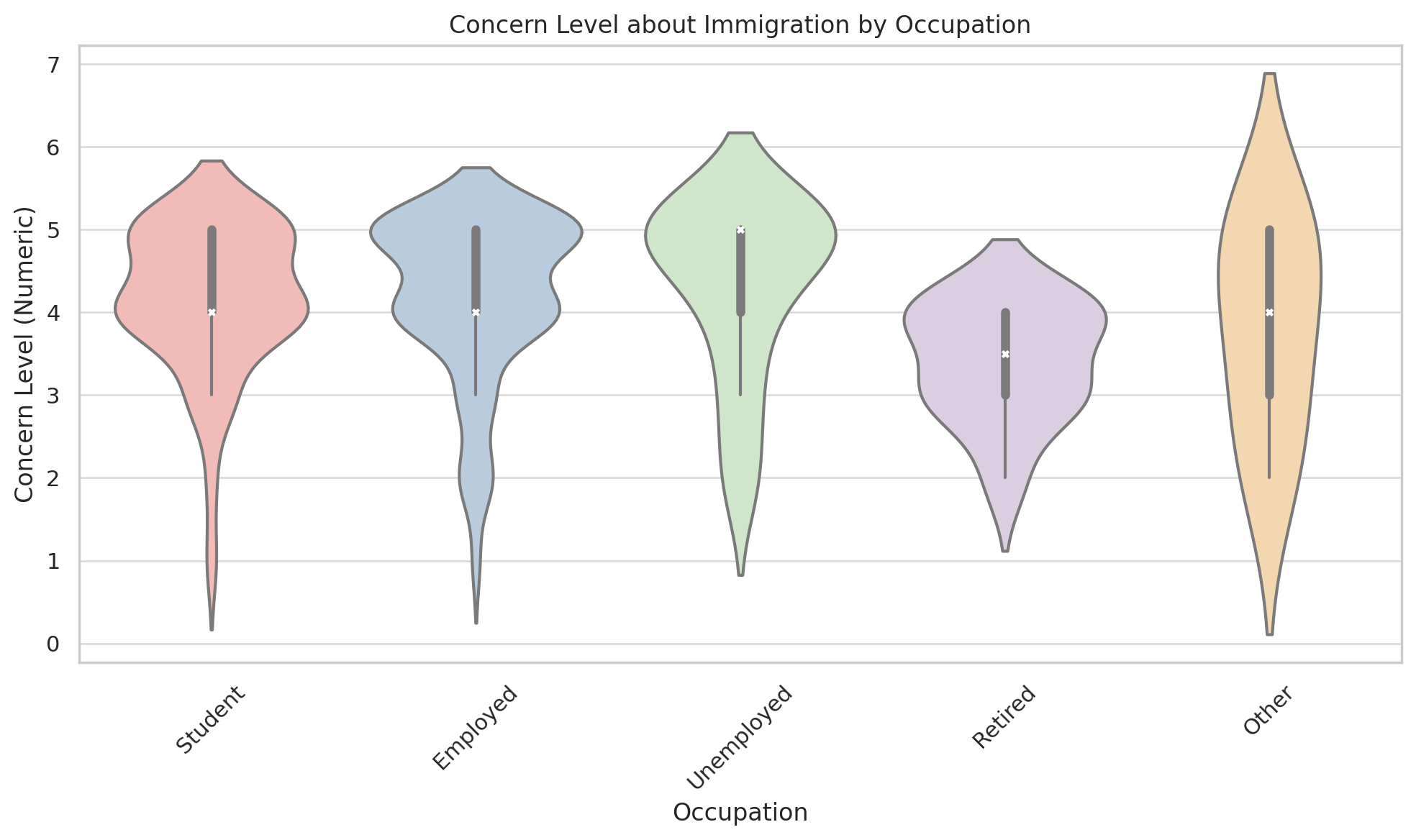 An open access journal
An open access journal
Environmental Sustainability: Strategies for a Greener Future
Abstract
Environmental sustainability has become a global imperative as societies strive to reduce their ecological footprint and preserve natural resources for future generations. This paper explores the significance of environmental sustainability, emphasizing its role in renewable energy adoption, waste reduction, and conservation efforts. It delves into various aspects, including sustainable practices in agriculture, green infrastructure, and climate change mitigation. The discussion includes the benefits of environmental sustainability, such as cleaner air and water, enhanced biodiversity, and economic resilience. Moreover, the paper addresses the challenges and considerations in implementing sustainability strategies, including policy alignment, public awareness, and global cooperation. Through a review of sustainability initiatives and success stories, the study highlights the positive outcomes associated with the transition towards a greener and more sustainable future.
Share and Cite
Article Metrics
References
- Brown, L. R. (2009). Plan B 4.0: Mobilizing to Save Civilization. WW Norton & Company.
- Hawken, P. (2017). Drawdown: The Most Comprehensive Plan Ever Proposed to Reverse Global Warming. Penguin.
- IPCC. (2018). Global Warming of 1.5°C. Special Report.
- McMichael, A. J., Powles, J. W., Butler, C. D., & Uauy, R. (2007). Food, livestock production, energy, climate change, and health. The Lancet, 370(9594), 1253-1263.
- Steffen, W., Richardson, K., Rockström, J., Cornell, S. E., Fetzer, I., Bennett, E. M., ... & Sörlin, S. (2015). Planetary boundaries: Guiding human development on a changing planet. Science, 347(6223), 1259855.






